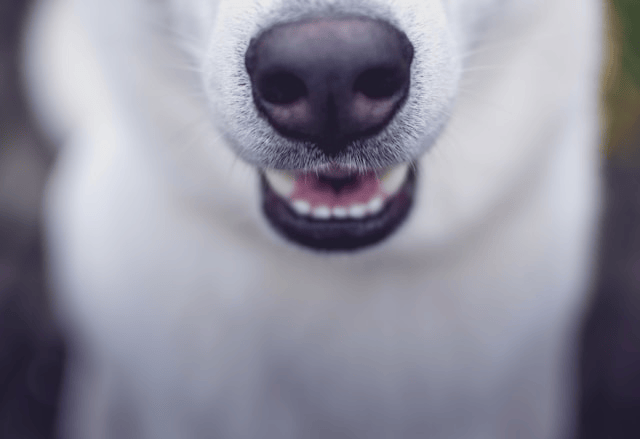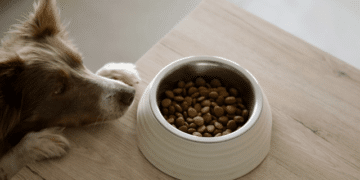When we think about keeping our pets healthy, we often focus on things like diet, exercise, and vaccinations. However, one of the most overlooked aspects of pet health is dental care. Just like humans, pets are vulnerable to dental diseases that can lead to pain, infections, and even long-term health complications.
Whether you have a playful puppy, a sleepy senior cat, or anything in between, understanding the importance of pet dental care can help improve your companion’s quality of life and potentially extend it. Good dental hygiene isn’t just about fresh breath it’s about preventing serious health problems down the road.
Why Dental Care for Pets Is Essential
Many pet owners are surprised to learn that dental disease is one of the most common health issues in cats and dogs. By age three, most pets already show signs of some form of dental problem. The mouth is a gateway to the rest of the body, and when dental health is neglected, bacteria from the gums can enter the bloodstream, potentially harming vital organs such as the heart, liver, and kidneys.
Conditions like gingivitis, tartar buildup, and periodontal disease can develop silently. What may start as minor plaque accumulation can quickly evolve into infections, loose teeth, and chronic pain.
Dental health for pets is closely linked to their overall well-being. Keeping your pet’s mouth clean and healthy not only prevents discomfort but also supports a stronger immune system and better long-term health outcomes.
Signs Your Pet Might Have Dental Issues
Spotting dental problems in pets isn’t always easy, but there are some telltale signs that something may be wrong. Watch for these symptoms:
-
Persistent bad breath
-
Drooling more than usual
-
Red, swollen, or bleeding gums
-
Difficulty eating or chewing food
-
Pawing at the mouth or rubbing the face
-
Yellow or brown tartar on the teeth
-
Loose or missing teeth
-
Loss of appetite or weight loss
If you notice any of these signs of dental disease in pets, it’s time for a vet dental check-up. The earlier you catch dental issues, the easier they are to treat and the less your pet will suffer.
Preventative Dental Care Practices
Preventative care is the best approach when it comes to pet dental care. Establishing a regular cleaning routine can significantly reduce the risk of future problems and minimize the need for expensive veterinary procedures.
1. Brushing Your Pet’s Teeth
Brushing is the most effective way to reduce plaque and maintain oral hygiene. Use a soft-bristled toothbrush designed for pets and a toothpaste formulated specifically for animals (never use human toothpaste). Daily brushing is ideal, but even brushing a few times per week can make a difference.
2. Dental Chews and Toys
There are many dental treats and chew toys that help clean teeth as your pet gnaws on them. These are especially useful for pets that don’t tolerate brushing well. Look for products approved by the Veterinary Oral Health Council (VOHC).
3. Special Dental Diets
Some prescription pet foods are designed to promote oral health by helping to reduce tartar and plaque. These diets can be recommended by your vet based on your pet’s needs.
4. Professional Vet Cleanings
Even with home care, your pet will occasionally need professional cleaning. This involves scaling and polishing under anesthesia to thoroughly remove buildup and check for hidden issues.
How Often Should You Care for Your Pet’s Teeth?
The frequency of dental care depends on your pet’s age, breed, and overall health, but general guidelines include:
-
Daily brushing (or at least several times a week)
-
Annual vet dental check-ups, even if no problems are visible
-
Professional cleanings every 6–18 months, depending on the individual case
Small dog breeds, senior pets, and flat-faced cats and dogs (like Persians or Bulldogs) are often more prone to dental issues and may require more frequent attention.
Consequences of Ignoring Dental Health
Failing to prioritize your pet’s oral health can lead to painful and expensive consequences. In the short term, poor dental hygiene causes discomfort, bad breath, and difficulty eating. Left untreated, it can result in:
-
Tooth decay and loss
-
Infections of the mouth and jaw
-
Gum disease leading to bone deterioration
-
Systemic infections affecting organs like the heart and kidneys
-
Increased veterinary costs for surgical procedures and medications
Regular dental care can help avoid these issues and ensure that your pet stays happy, active, and pain-free.
Conclusion
Caring for your pet’s teeth is not a luxury it’s a necessity. Incorporating pet dental care into your regular routine is one of the most effective ways to ensure your furry friend lives a long, healthy life. From daily brushing and dental chews to annual vet dental check-ups, every effort counts.









